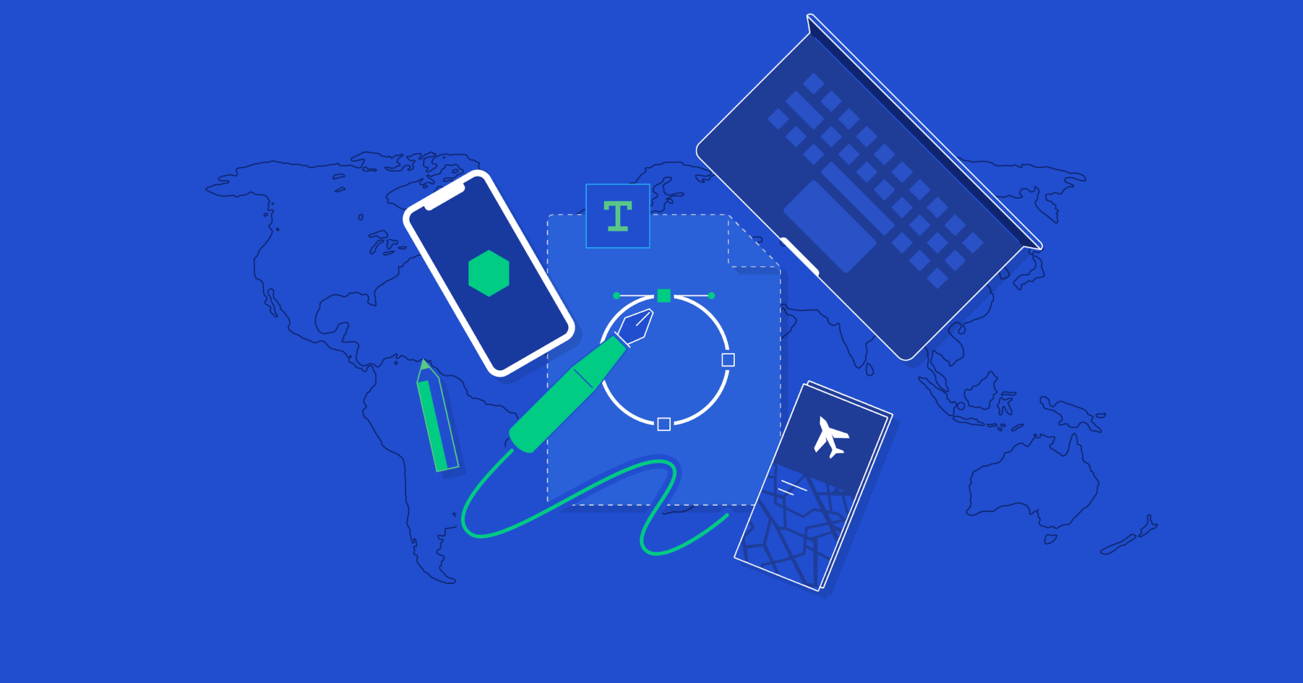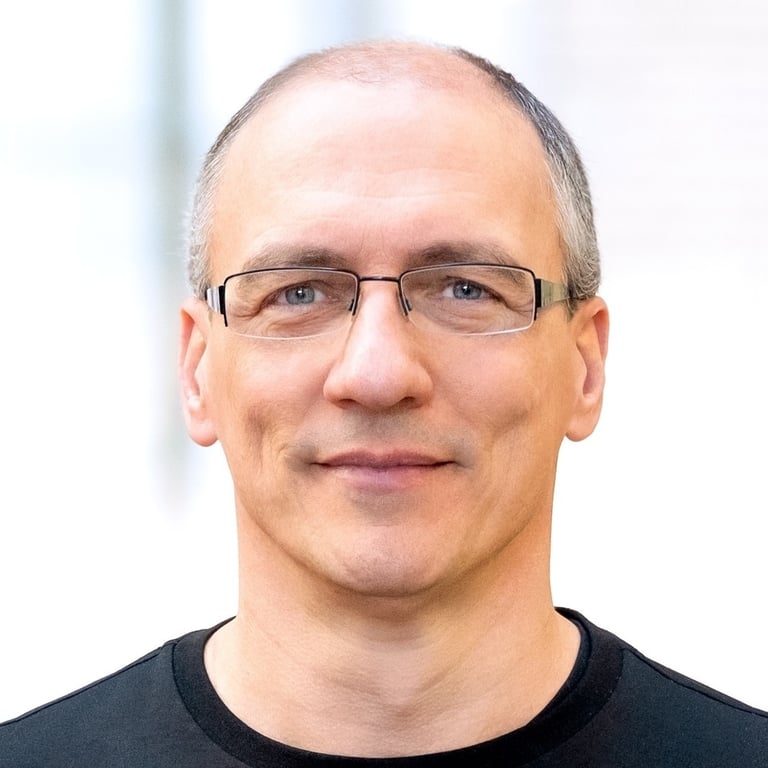Living His Best Life: David Nuff’s Inspiring Freelance Success Story
If we could design our best life, what would it entail? What would our freelance success story look like? Hear firsthand and get advice from someone who has designed their career and thrived.
If we could design our best life, what would it entail? What would our freelance success story look like? Hear firsthand and get advice from someone who has designed their career and thrived.
Lead Design Blog Editor
Expertise
PREVIOUSLY AT

David Nuff is part of the Toptal network, where he works as a freelance design consultant. The ability to work remotely has fueled his life plan for more than a decade as he works between digital products, branding, and art. David has worked for some of the world’s largest brands, including Cisco, Nestlé, and Google.
David is also a speaker on the Toptal Speakers Network and an artist with exhibits across Canada. In his professional life, he has found that the more flexibility there is, the more it feeds into the quality of his work.
In an episode of The Talent Economy Podcast, he discusses how remote work has empowered him and why more organizations should embrace the depth of experience that makes up the global talent pool.
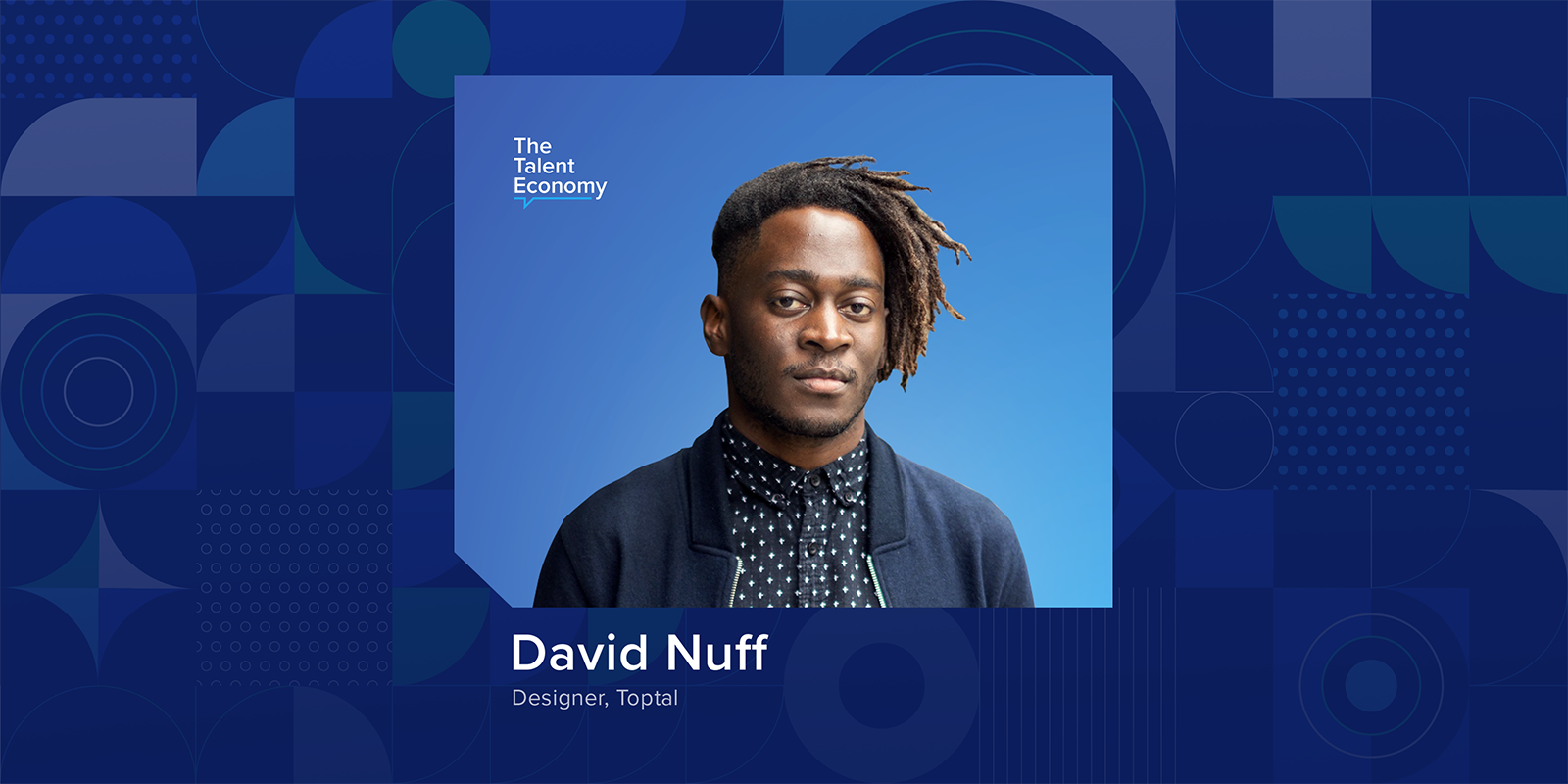
The interview was conducted by Paul Estes, editor-in-chief at Staffing.com and host of The Talent Economy Podcast.
Hello David. You have quite an unusual background! You were going to be a computer scientist. Could you tell us how your perspective has evolved as you moved around the world, and what your journey toward becoming a designer was?
My father worked for a multinational, so we picked up and moved somewhere else every two to three years. I grew up with an innate understanding that the world is a vast place, where many doors can be opened, and for this, I’m very grateful. But the reality is that at times, there are also a lot of gatekeepers trying to keep the doors closed. Luckily, I wasn’t aware of this as I was growing up and had no concept of picking a lane.
Our family had a blend of arts and science; the idea that the two go together–were complementary to each other. I grew up with an interest in drawing, but also computers. Because of that, I was always looking for ways to combine art and technology—a way of bringing my love of drawing and computers together.
I considered architecture, but computer science made more sense to me and seemed more accessible. As the first generation growing up as an “internet native,” many people in my generation took to computers more naturally than perhaps generations that had come before. We were the first kind of the bilingual/analog/digital generation, and that know-how was something I felt would give me a bit more of a headstart in professional life.
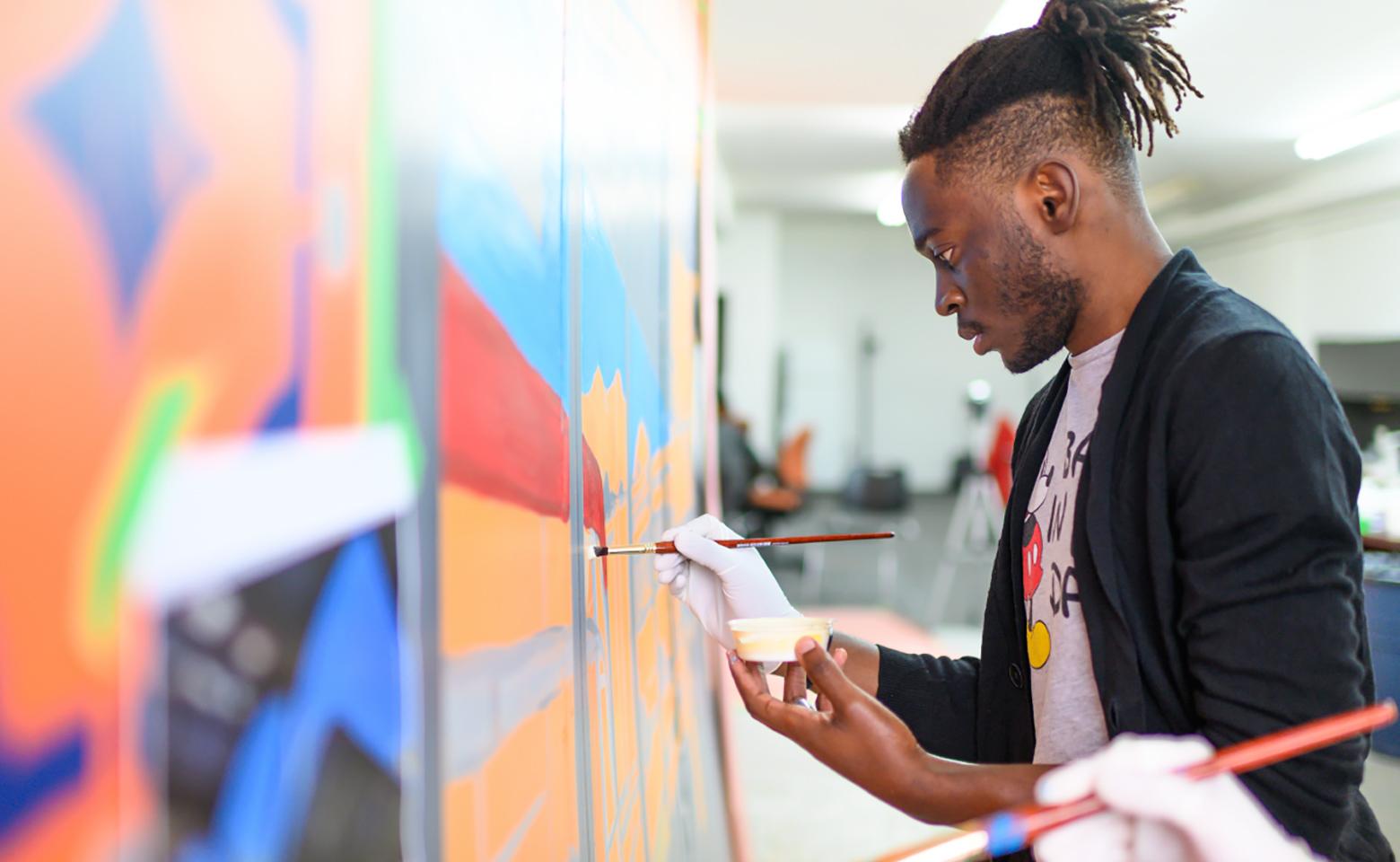
Early in your career as a junior designer, you worked on a wireless tech for Montreal’s public bike system. TIME Magazine recognized it as one of the “Best Inventions of 2008.” What was it like to get that sort of validation on a project that you worked on so early in your career?
I think employers took a chance on me because they assumed that with a computer science background, I could probably communicate well with developers and engineers, and still bring a level of creativity and visual thinking to the project.
The project—and recognition—gave me a leg to stand on. At that point, I had no resume, no portfolio beyond this job. While having our work appear in TIME Magazine was obviously incredible, what really mattered was getting to work on something visible. The bikes were all over the city. People were using them, interacting with an interface I had designed. Anybody looking to hire me had proof of my work a few steps away.
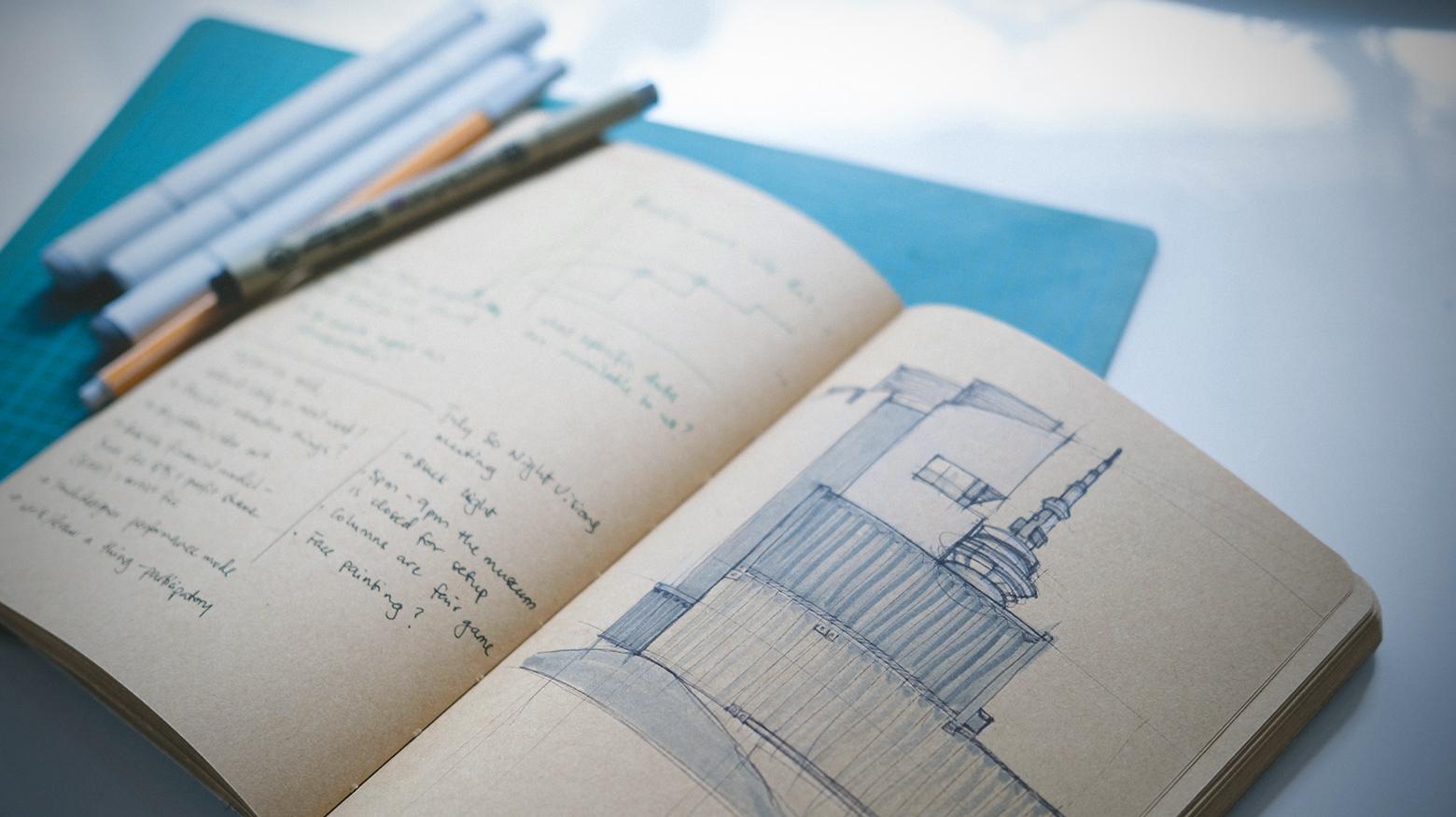
Employers often say, “We want diverse experiences,” but when it comes down to it, very few leaders are willing to take that bet on somebody. As you’ve moved to on-demand work, how have you seen clients interact with you, given your background?
Especially at larger companies or companies with a more established product, it’s much easier to say, “We’re looking for specialists. We’re looking for people to slot into this machine and do a very specialized job. And we’ve got a secret sauce. We’ve got a way of doing things that is very specific to us.” That approach often causes them to miss out on opportunities to find new ways of working, do optimizations, or make improvements. At a more junior level, I found that it was tough to get opportunities with my experience and background, compared to someone who was a “specialist.”
Let’s say you’re a car company looking for a designer. You’re going to hire someone who’s worked for other car companies even though a good designer from any background would be able to learn about that industry. There might be some specialized knowledge, but that’s something they can ramp up.
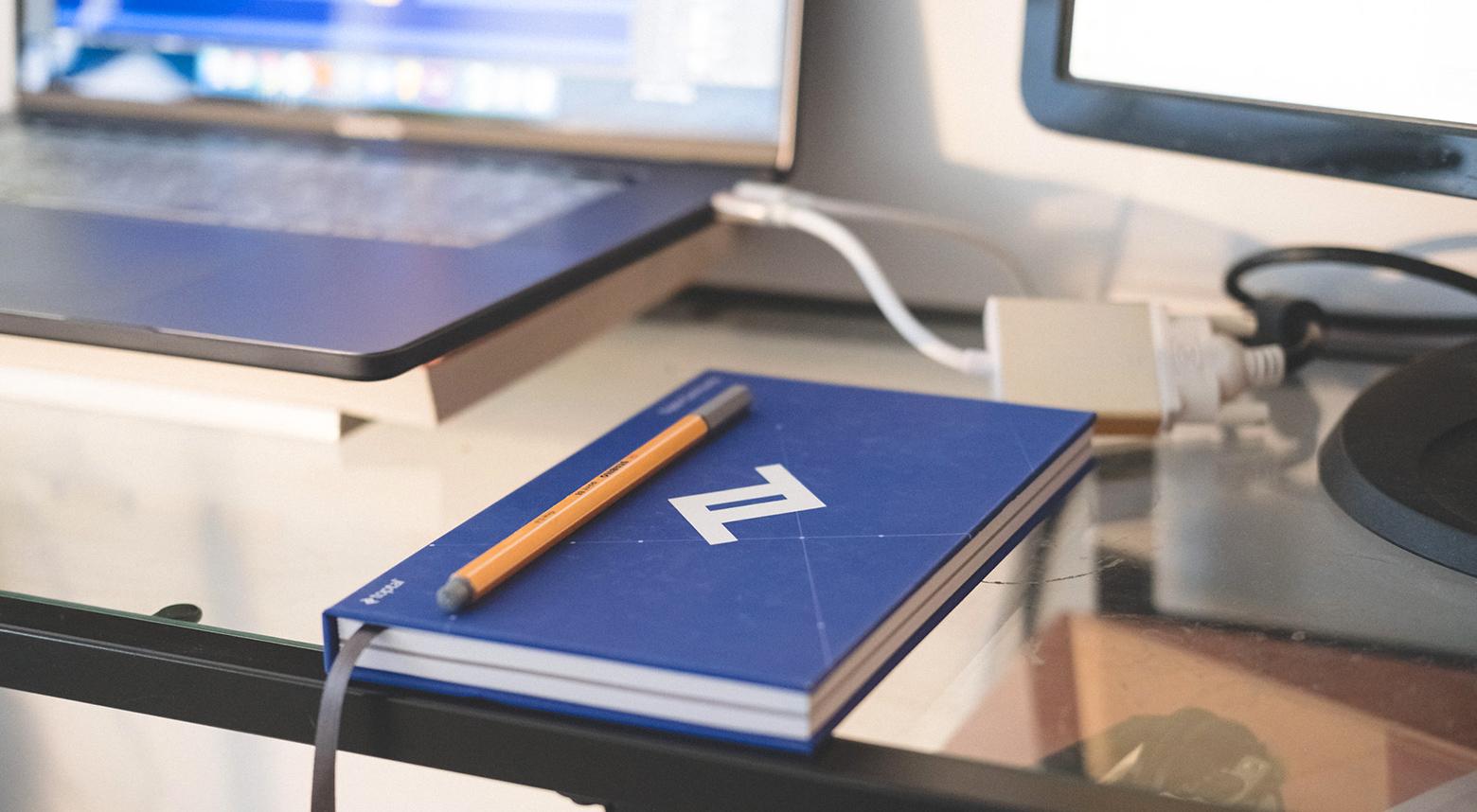
You are an untethered, remote-working freelance designer, especially when working on the Toptal network. As clients reach out to you, do you see them embracing the idea that you are not coming on-site?
There is a lot more openness to it now. Thankfully, many companies lately are setting the tone, speaking out publicly about allowing their teams to work remotely, in a distributed team—addressing the many benefits and thereby setting things up for success.
Our tools have come a long way as well. More people have access to high-speed internet, which is a massive help. From my perspective, I see a lot of San Francisco-based or Silicon Valley-based organizations beginning to get that it’s nuts out there. The cost of living situation, the competition for talent—the environment is very particular. Some people will thrive in that environment, but some won’t.
I can’t imagine myself in Silicon Valley. Thankfully, that doesn’t mean I have to miss out on working with the amazing people there. I see that many companies there are now open to working with talent from everywhere. They understand that doing so increases their chances of success as well as the opportunity to work with really fantastic, unique individuals.
I’m working on a project (through Toptal) with an organization based in Silicon Valley. They also have offices in Europe and Asia, so they’re already working across time zones. But they’ve also engaged a group of people from the Toptal network across Canada, UK, Portugal, and Eastern Europe, so they have a distributed external team. Because they already have a culture of virtual communication, it has helped us with that important human connection, and to feel part of the team.
What would you tell executives and hiring managers about your choice to work as a freelancer and on distributed teams?
Based on my experience, when we can set our lives up in a way that’s going to allow us to be healthy, happy, and live successfully—success being defined as “a life well lived”—that’s going to spill over into the quality of our work.
I’ve spent my entire professional career building toward a certain kind of lifestyle. I have family all over the world. I have a desire to see the world, so location independence or “location flexibility” has been in my life plan for at least a decade. The more I’ve been able to build toward that, the more it has fed back into the quality of my work, and the time and effort that I have been able to put into it.
Without a doubt, the same scenario applies to most, if not all, people in the workforce to the degree that they will be enabled to do their best work when they are empowered to build their best lives.
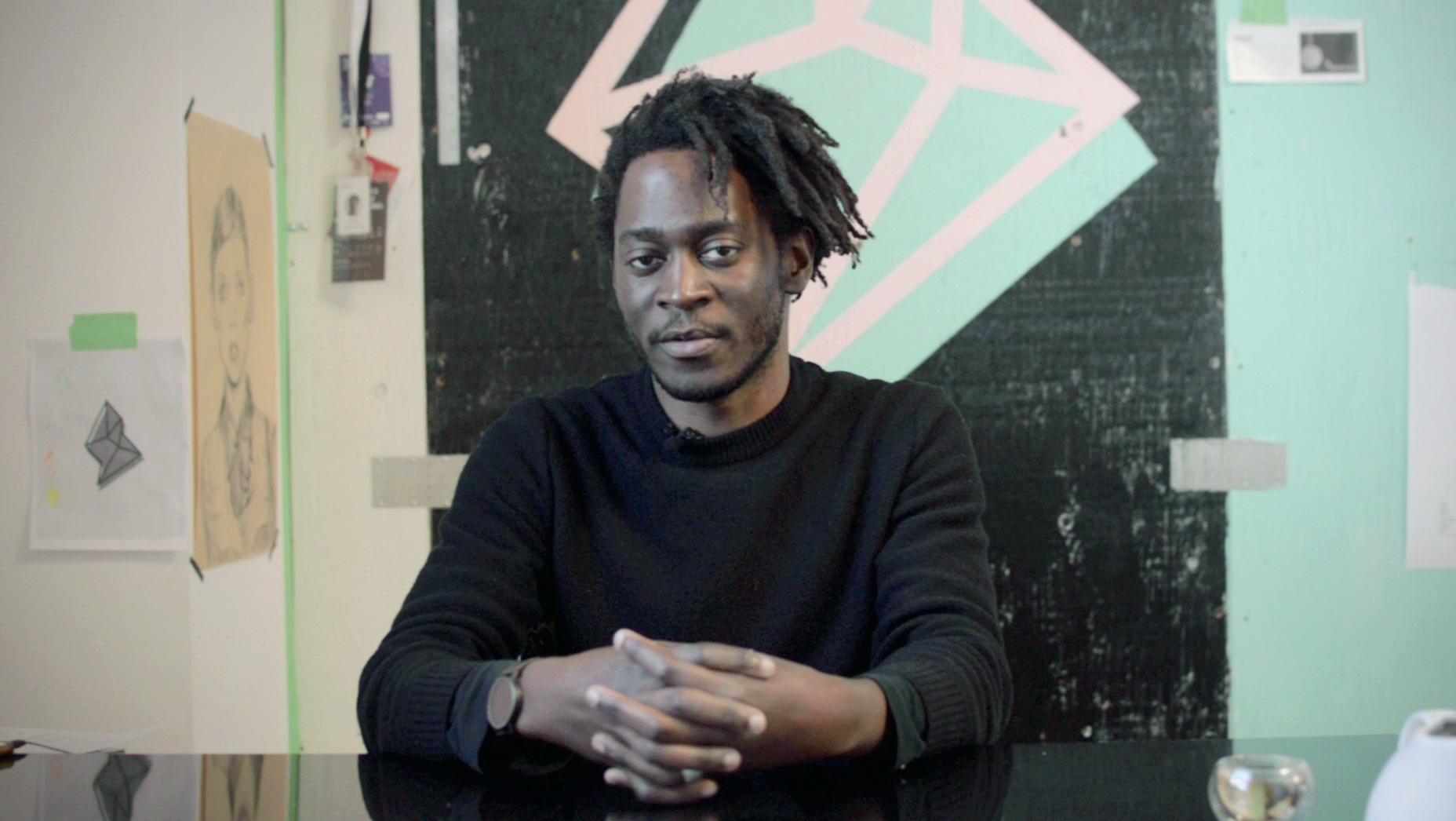
Let’s suppose a company would like to try the on-demand, distributed way of working. They have decided that they’re going to reach out to Toptal or another company, and give it a shot. Since you’ve done a number of these types of projects, what would you say to some of the team members that you’d be working with that could help them perform successfully in their first couple of engagements?
I think relationships are key. You’re coming in—maybe somewhat disadvantaged—having to build relationships from scratch, without the benefit of having been on the team for a while. Sometimes, you may be joining in a full-time capacity but without an orientation week, where you go for lunch with everyone. I find that in those situations, it’s twice as important to establish good working relationships, and if you can, interpersonal relationships, as early as possible. I agree with the famous saying that goes, “If I had an hour to chop down a tree, I would spend the first 45 minutes sharpening the ax,” i.e., spend as much time laying the groundwork, asking the right questions.
Most strategic relationships now begin with some form of discovery session, and that’s for a good reason. You don’t want to get busy and get into the weeds and start doing the work before you know what the job is and what the parameters for success are. I’d advise anyone beginning that kind of engagement to invest early in the relationships, the understanding of what the mission is, and aligning with everyone on the project goals.
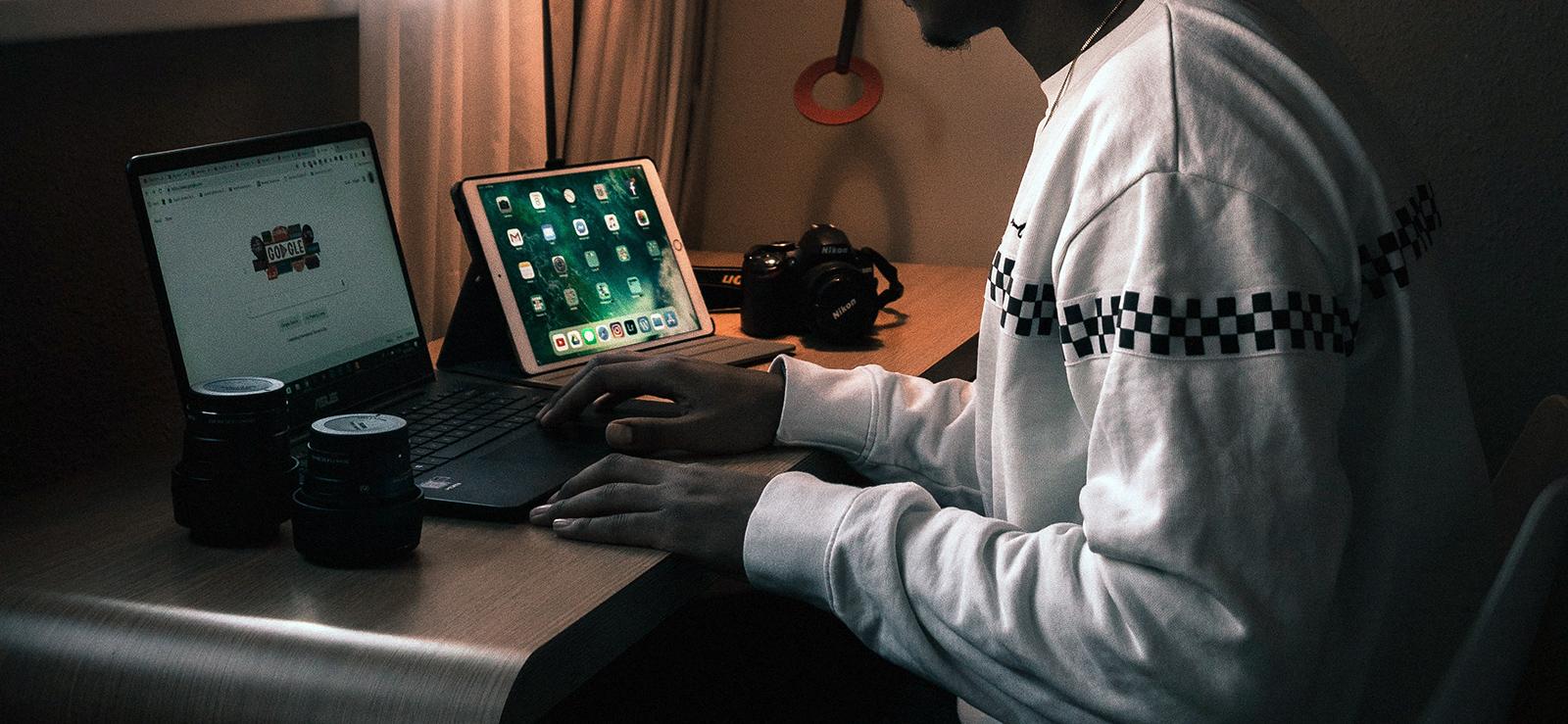
In your experience as an on-demand freelancer, is focusing on understanding the project goals more critical than perhaps focusing on the process, as in a traditional office environment?
There’s definitely a “hit the ground running” culture out there. We often talk about “ramping up” and “getting up to speed.” These phrases suggest that companies seem to be aiming for a certain velocity.
It’s good to have a decent working cadence, but that is slightly different to speed. Cadence is more about having some regularity in the way work goes. In my view, the cadence of the work can come later, once you have alignment.
I understand the idea of a designer coming in and wanting to look busy right away. That may be super-important in the traditional workplace structure, where people get promoted and get passed up for promotions. The sooner we do away with that, the sooner we can focus on the quality of the work and focus on its success.
When I come in as a freelancer, I’m not invested in advancing my status at the company. I’m invested in doing excellent work. That’s what’s going to get me hired again. I come in looking to understand what good work would represent. That’s way more important than looking busy. If really good work happens to be really fast work because something important is coming along, then I will work as fast as I possibly can, but often, it’s the slower, more considered work that will have long-term benefits.
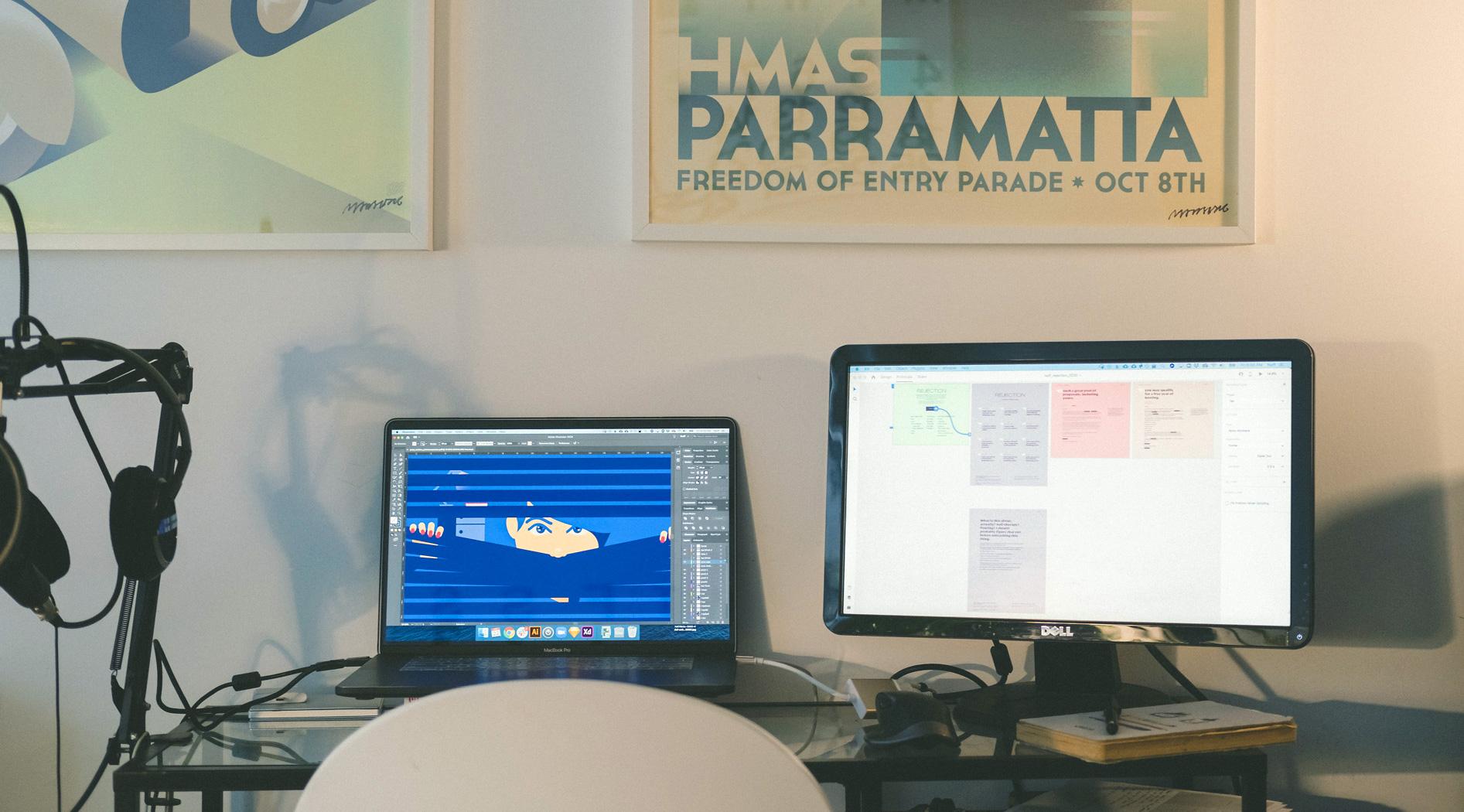
How do you build trust while working remotely? What advice would you give with regard to interpersonal relationships and building trust when doing a remote project for a company?
Often, you come in as an outside person and you’ve seen many of the same problems before at other companies. Maybe someone is starting to build a mobile app, trying to figure out the onboarding. If you’ve done a bunch of them before and you’ve created a bunch of flows for other products, you are in a position to say, “I have a certain amount of experience with this, and here’s the answer.”
Frequently, for everything you need to figure out, the solution is already there—asking smart questions like “Who’s our user base? What did early research suggest? What are the competitors doing? What is the actual problem that we’re trying to solve?” By walking through those things and unpacking them with the team, they start to suggest the answers you already had in your head, and it looks like they’re coming up with the solutions.
One of my methods of working with a team is to see if we can find a solution together rather than me dictating it. That first, early win of “you were able to guide us toward the solution and facilitate us coming up with the answer” will do a couple of things: It will have a weird political effect of advancing your status, but it will also create trust in the process, which is more important. It will kind of say, “If we just do the work, then we’ll get to the answer.” And this doesn’t depend on my ego or your ego. It doesn’t depend on any special talent. It’s just a case of working through these things.

Given all that’s going on with the coronavirus pandemic, what do you think has changed? What is the new normal in the way work gets done?
I’m one of those people who don’t think that we are on a precipice of a massive paradigm shift. I believe things will evolve gently. The pandemic, which is a significant factor in everyone’s life, has taught us how connected the world is—more than we sometimes care to think. Not only are we connected via virtual communications, like Zoom calls, but if a pandemic suddenly starts to spread again, all of our fortunes, health, and economies are tied together. We have an opportunity to use our tools wisely to strengthen our bonds.
Let us know what you think! Please leave your thoughts, comments, and feedback below.
Further Reading on the Toptal Blog:
Understanding the basics
How can I succeed in freelancing?
Here are a few tips on how to be a successful freelancer. Establish a personal brand and work on your website. Know your strengths, write a plan of action, and keep an eye on the competition. Be proactive, contact everyone you know, but be selective. Put money aside for taxes!
Is freelancing a career?
Freelancing could be considered a career, but that is not really an accurate description. There are many freelance success stories, but a more accurate description is entrepreneur. There are many levels to freelancing—a successful freelancer is accountable for everything and runs their work life as a business.
What is freelancing and how does it work?
A freelancer, or independent contractor, is self-employed, typically not committed to one employer long-term. Sometimes represented by a temporary agency, many work independently, using word of mouth, professional associations, or recruiting sites to find work.
Is freelancing a profession?
Freelancing is generally not considered a profession, it’s a way of working in a professional occupation. Those who realize the highest level of freelance success are typically well-seasoned professionals in their field.
Is freelancing difficult?
There are many benefits to freelancing. But branching out as a freelancer requires careful planning and preparation with many pitfalls to be faced before realizing freelance success. For example: accountability, isolation, no benefits, filing your own taxes, variable workloads and income, no job security.
Miklos Philips
London, United Kingdom
Member since May 20, 2016
About the author
Lead Design Blog Editor
Expertise
PREVIOUSLY AT

